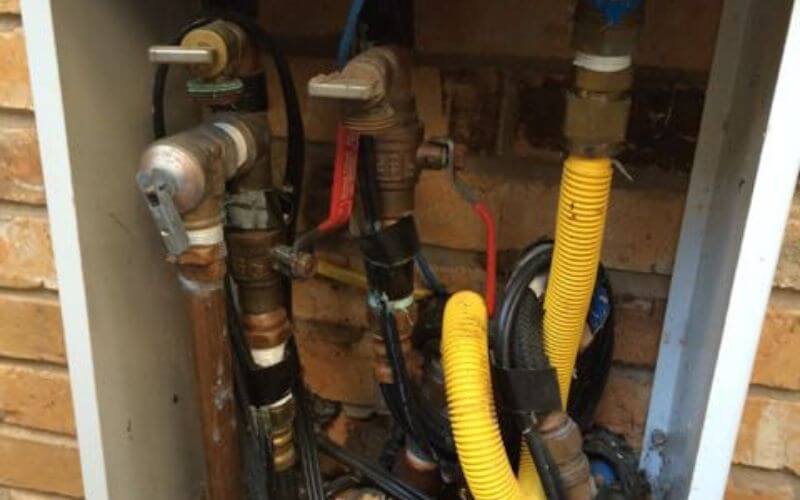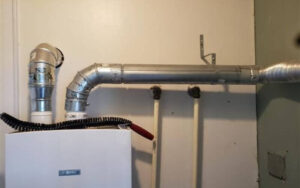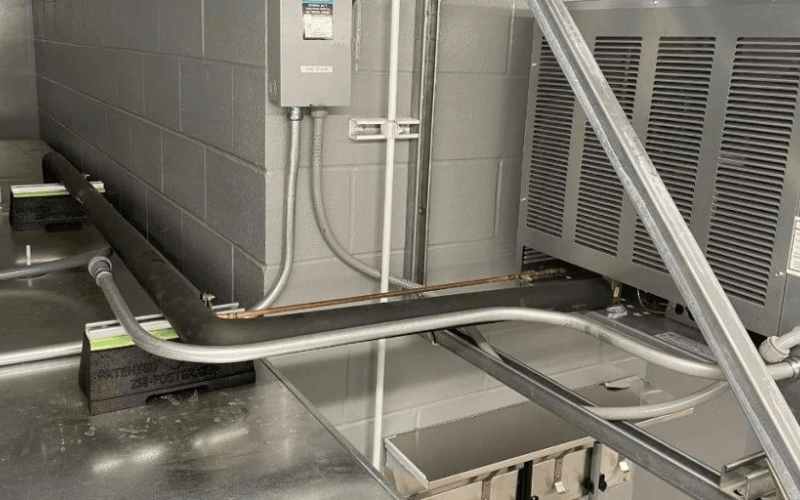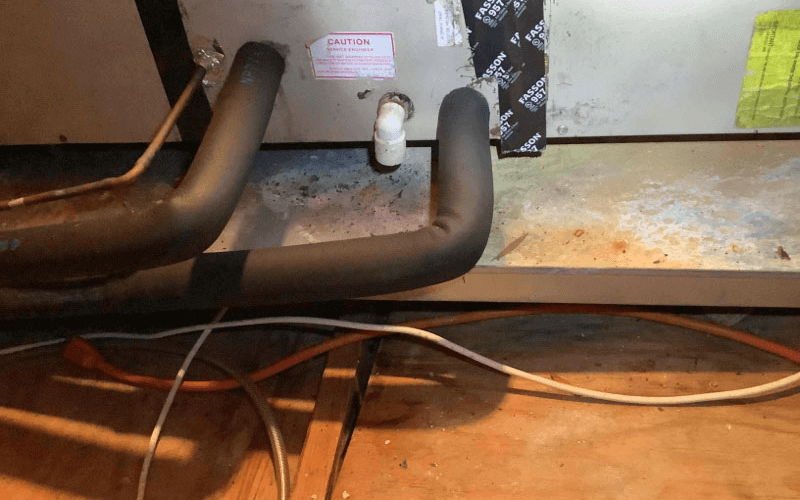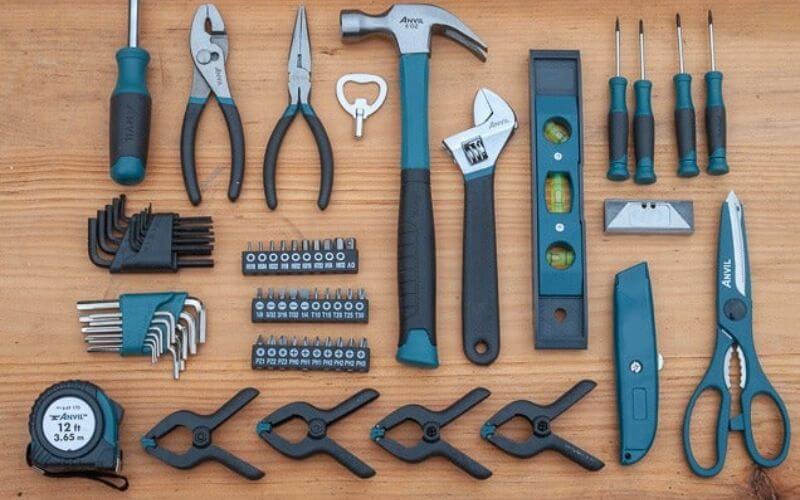Tankless water heaters can help you save water and energy. These water heaters maintain a constant supply of warm water and heat water quickly on demand. However, are you aware that tankless water heaters necessitate additional maintenance during the winter?
Table of Contents
ToggleMaintain the device’s insulation to prevent it from freezing in cold weather. However, the difficulty is how precisely to insulate tankless water heaters.
Is Insulation Of Tankless Water Heaters Required?
Whether you have an outdoor tankless heater or a conventional storage tank heater, insulating the pipes throughout the house will help you save water and electricity. While some of the most recent models contain freeze safety systems, your machine is still vulnerable to freezing.
First, plumbing pipes are the most dangerous component since they are susceptible to freezing. If you do not insulate the internal components of your heating system, cold weather can damage them.
Insulation not only safeguards the water heater but also enhances its performance! Like insulating your roof and walls, insulating your heater is a low-cost and straightforward way to increase efficiency.
For instance, insulating a heater that is warm to the touch can minimize standby losses by 25 to 45 percent. Furthermore, it might reduce your annual water bill by 7 to 16 percent.
Also, Read: How To Drain The Tankless Water Heater?
How to Insulate Your Tankless Water Heater?
To persuade clients who are hesitant to insulate their water heaters, several electricity providers offer insulation blankets at an affordable price. If a corporation does not give blankets, get one from a nearby hardware store.
Here’s how to insulate your tankless outdoor water heater
Place Your Heater In A Location That Is Already Warm
Although it is not always practicable, putting your unit in a somewhat warm area will help prevent it from freezing in the winter. Use air-resistant vent terminations and keep them away from cold winds.
Disconnect the Water Heater
Water that is left in a heater can freeze. If this occurs, the item’s interior plastic components may be ruined. You can avoid it by draining your unit, particularly if you will be absent for a lengthy period.
Turn off the water supply using the provided valves when the water heater is not used for a prolonged period.
Maintain The Power Source:
Maintain the unit’s connection to a power source so that the frost protection system can function as needed. Remember that the system does not require the unit to be turned on; it only needs plugged in. And in places prone to power outages, either drain solenoids or establish a backup power system.
Consider The Water Recirculating System:
Frequently, a recirculating system is intended to supply hot water on demand. A further advantage of this system is that all Connected Pipes are insulated against frost during the winter.
Insulate Pipes with Wrapping:
Both the unit and the pipes are susceptible to freezing. The problem is that the freeze protection system does not protect the pipes listed above.
Also, Read: Rinnai vs. Rheem Tankless Water Heater.
How To Thaw Out A Frozen Tankless Water Heater?
Do you want to know how to defrost a frozen water heater safely? Follow the following steps:
- First, determine whether the water heater or the pipes leading to it are frozen. This is usually the case. By touching the appliance, you may feel the frozen area. Once you’ve located it, you can use a space heater to melt the frozen region.
- Locate the leaking water lines. If there wasn’t enough area for the water to expand when it froze, pipes in a tankless water heater could have ruptured.
- When the pipes thaw, enough water will flood the neighborhood. As a result, knowing the position of the water shutoff valve is critical so that it may be closed before thawing the pipes linked to your water heater.
- If the thawing of the heater’s frozen pipes did not go as expected and the unit has cooled down, turn off the gas or water supply immediately. As a result, unplug the device and move it outside.
- If it thaws and explodes, you won’t have to deal with the aftermath. To thaw the frozen region, place your space heater on it. As soon as the frost melts, drain your system.
- Before you open the tiny drain valve at the bottom of your gadget, be sure the water supply is turned off.
- Turn on the hot water faucet or the air vent on the water heater. This is how the melting water will eventually escape. Check for water damage before plugging the gadget back in.
Conclusion:
Insulating your tankless water heater is critical for improving performance and extending life. This article has provided a straightforward, step-by-step method for good insulation, emphasizing appropriate materials and processes. Furthermore, addressing the problem of a frozen tankless water heater is required to provide a constant hot water supply during the winter months.
Following these guidelines can help you save energy and keep your hot water system running efficiently. Regular maintenance and preventative measures, such as insulation, are essential for maximizing the performance and lifespan of a tankless water heater.
FAQ
How can I enhance my tankless water heater’s insulation?
Use fiberglass insulation, polyethylene insulation, or heat tape to insulate your water heater and its associated pipes. Run a trickle of warm water – To prevent frozen pipes, run a trickle of warm water overnight from the faucet furthest from the water heater.
Is insulation of tankless water heaters required?
Insulation can protect your tankless water heater and plumbing lines, susceptible to freezing during cold weather. Fiberglass and heat tape are also fantastic options.
What is the best material for insulating hot water tanks?
Most modern hot water storage tanks are insulated with dense foam. Therefore, they do not require additional layers of protection against heat loss. On the other hand, insulation made from PVC pipe sleeves or recycled fiberglass pipe wrap may benefit older pipes.

